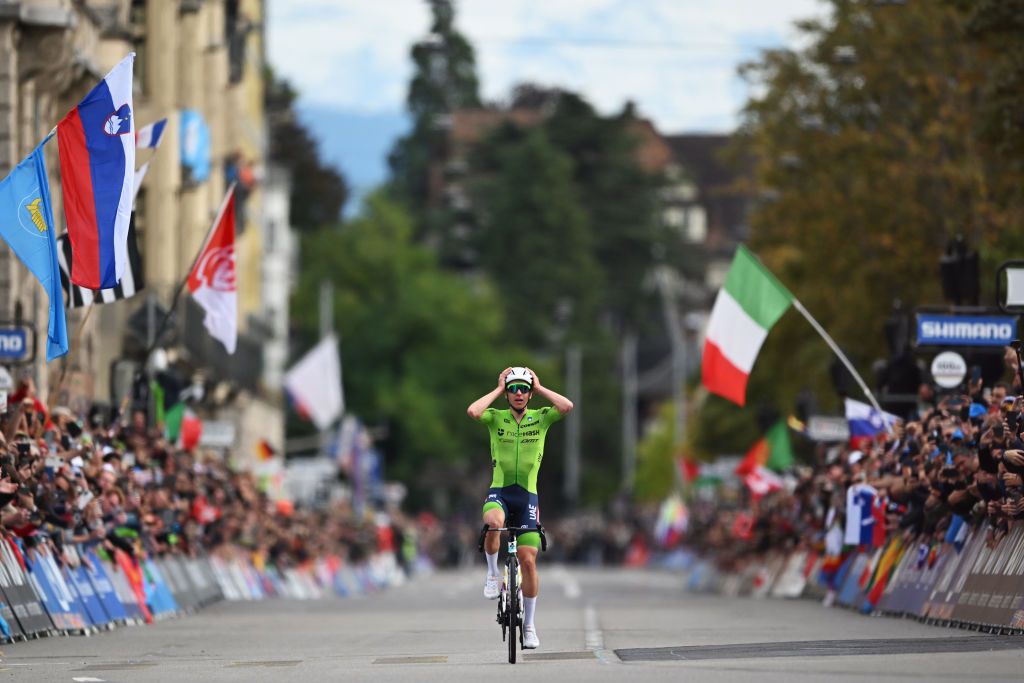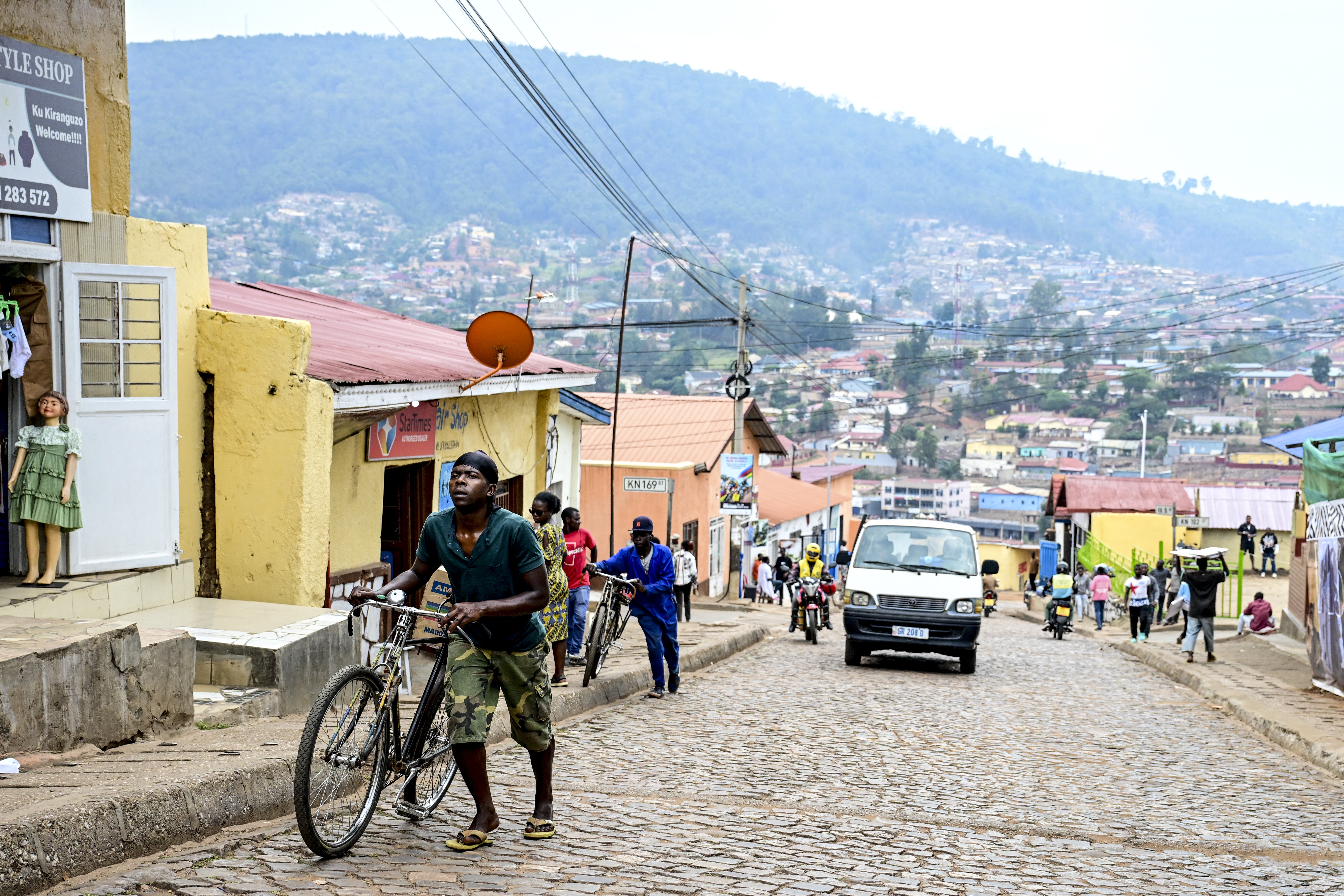
There have almost been 100 UCI Road World Championships – this year will be the 98th – from the very first in Copenhagen, Denmark, in 1921, to the present day.
However, after almost a century of unbroken history, this year's Road Worlds in Kigali, Rwanda represents something brand new – the first to take place in Africa. It's not the first Worlds organised by cycling's governing body, the UCI, to take place on the continent, with the Mountain Bike Worlds taking place in South Africa in 2013, but it's a huge moment.
For those unaware, the Road World Championships are one of the pinnacles of the cycling season, when riders compete for the title of world champion. There are three different disciplines: a one-day road race, an individual time trial, and a mixed relay team time trial.
The road race and the individual time trial are contested by elite, under-23, and junior (under-19) men and women, while the TTT can be contested by a mix of these. There are 13 events in all, and the most a single rider can win could be three (a road race, a TT, and the TTT).
Unlike almost all other races, riders compete in national teams, not their 'trade teams'. So Tadej Pogačar, for example, rides for Slovenia, not UAE Team Emirates-XRG, and will ride alongside Primož Roglič, who is usually a rival, riding for Red Bull-Bora-Hansgrohe. Think of it like the football World Cup, but every year. It also means riders wear different colours to usual, although they tend to use their team-issue equipment, so Pogačar will be on his Colnago, and Roglič on his Specialized.
Nations qualify for a certain number of spots in the road race based on their UCI rankings, with the top men's teams having eight, while some only have one rider in the race. The more successful a country overall, the more riders they have in their squad, which should work in their favour. However, they don't have to take up those spots, with GB not taking an elite women's squad to this year's road race, despite qualifying six places, to give one case.
The rider who wins the World Championships wins a rainbow jersey, and earns to wear it in every race of the kind they won it in for the next year. So for example, reigning elite women's road world champion Lotte Kopecky of Belgium wears the rainbow jersey in pro road races, while women's junior time trial champion Cat Ferguson of Great Britain would wear her jersey in every junior time trial she has taken part in the past year, which is actually none.
The location of the Worlds changes every year, and so does the nature of the race. It's not always a certain type of course, with some road races favouring sprinters, while others favour climbers; typically, though, they suit an all-rounder who does well in the Classics, like Kopecky or France's Julian Alaphilippe, two recent repeat champions. Sometimes there are mountains, sometimes cobbles, sometimes flat days, it's a real mixed bag, but that adds to the intrigue. Every year is different.
The road race is a one-day event, with the first person over the line the winner. They typically mostly take place on a city circuit, allowing fans to see the riders repeatedly.
Victory in the time trials is awarded to the individual, or team in the case of the TTT, that completes the course in the fastest time. They are typically won by a specialist, and can be mixed up between hillier affairs and incredibly flat power-courses.
Why Rwanda?

As above, the location of the Road World Championships changes every year. Of the 97 editions held so far, 87 have been in cycling's traditional heartland of Europe, with the most hosted by Italy – 14 times. The first time the event left Europe was in 1974, when it took place in Montréal, Canada, and the Worlds have also been to South America (Venezuela in 1977, Colombia in 1995), Asia (Japan in 1990, Qatar in 2016), and Australia.
Host cities and countries, and their national cycling federations, bid to host the Worlds, like other major sporting events, but some element of variation is sought in all of this. In 2025's case, the UCI president, David Lappartient, made it part of his election manifesto to take Road Worlds to Africa. The UCI made 2025 the year, and bidding was open to just African federations.
Rwanda and Morocco submitted formal bids, and the former was announced the winner in 2021, which makes a lot of sense. Rwanda has a long history of cycling, is a country where the bicycle is often the main mode of transport, and is home to the Tour du Rwanda, a UCI 2.1 category race, which regularly attracts over a million fans. It might be the best attended Worlds ever.







